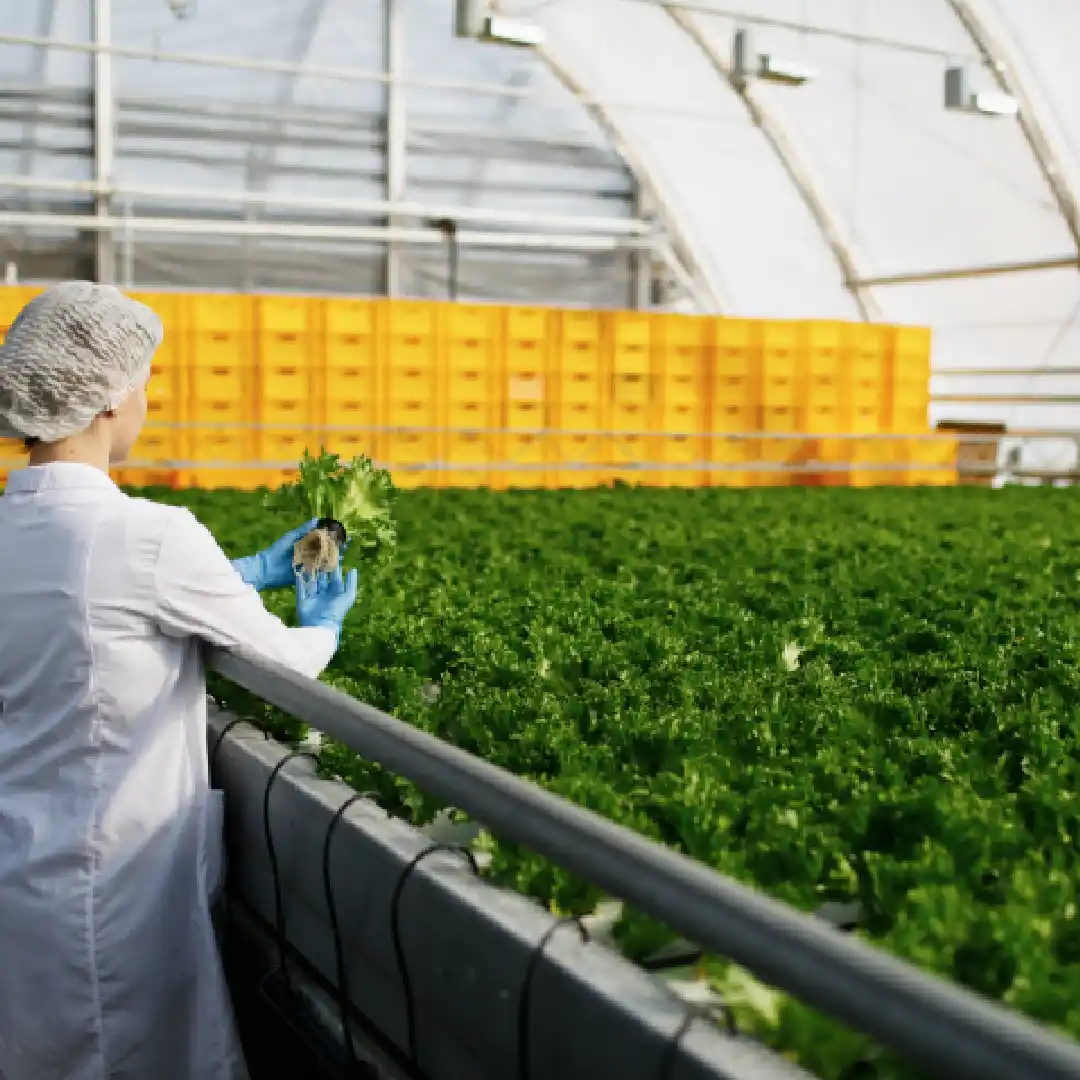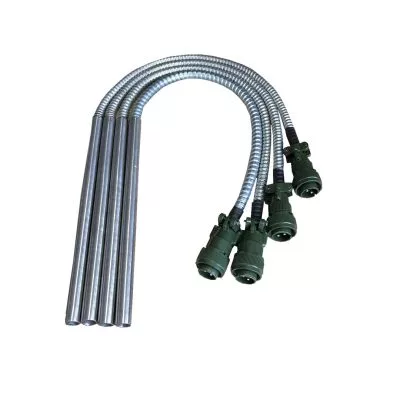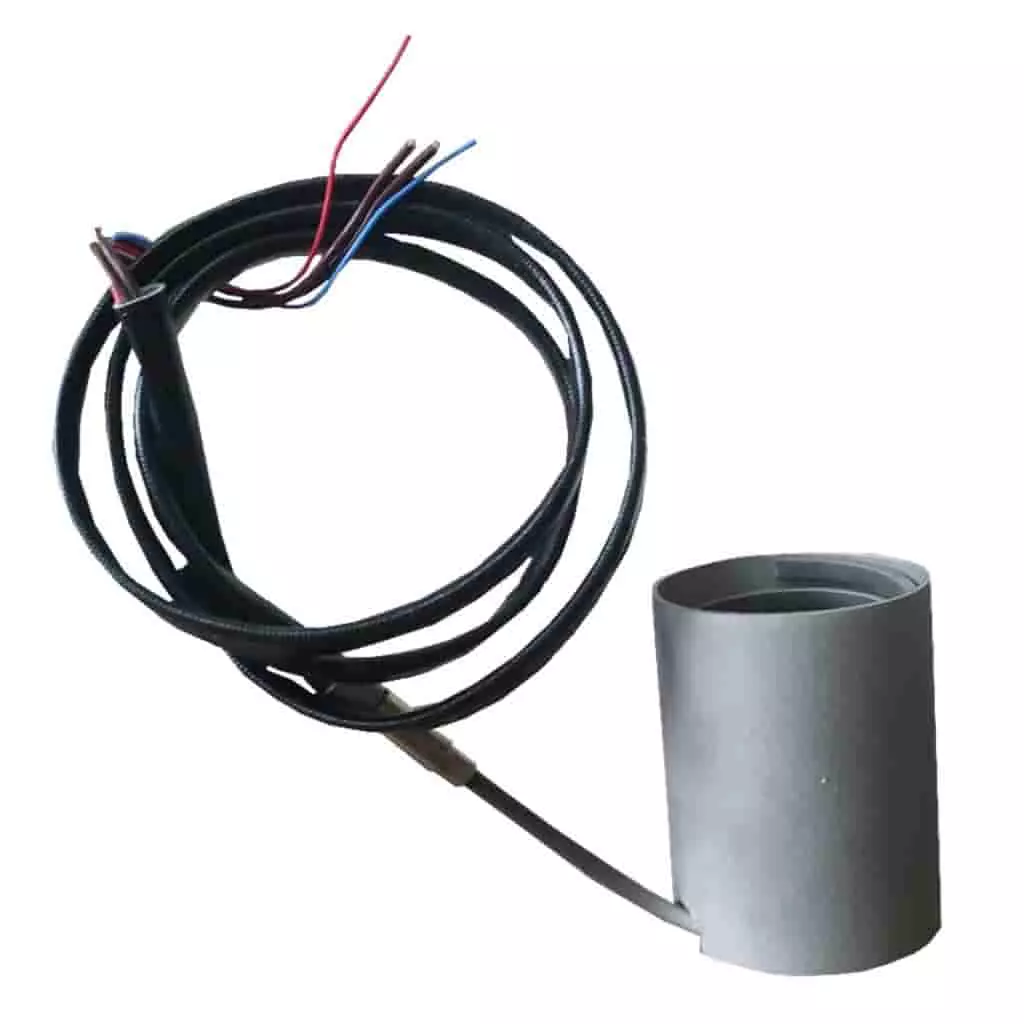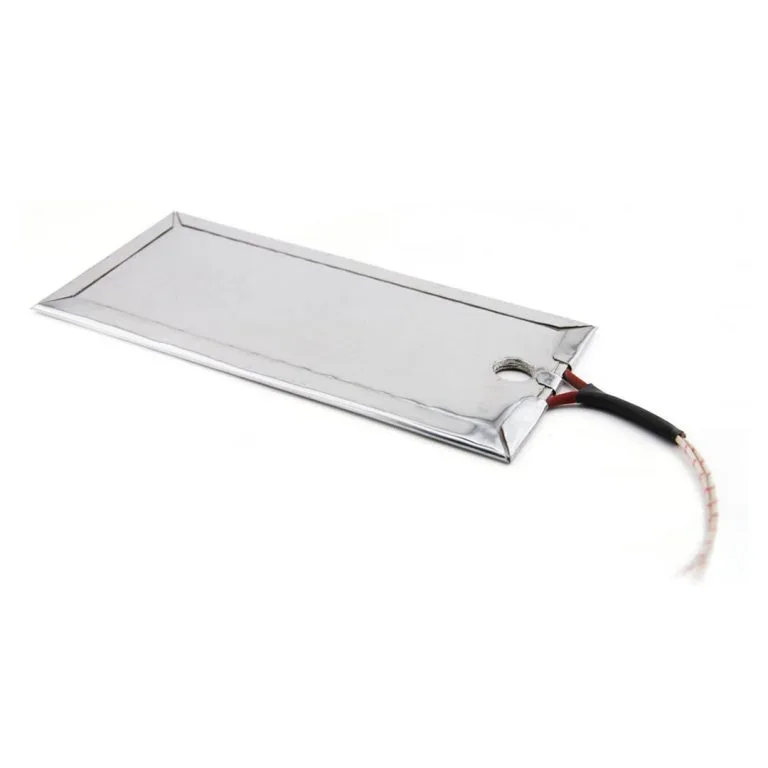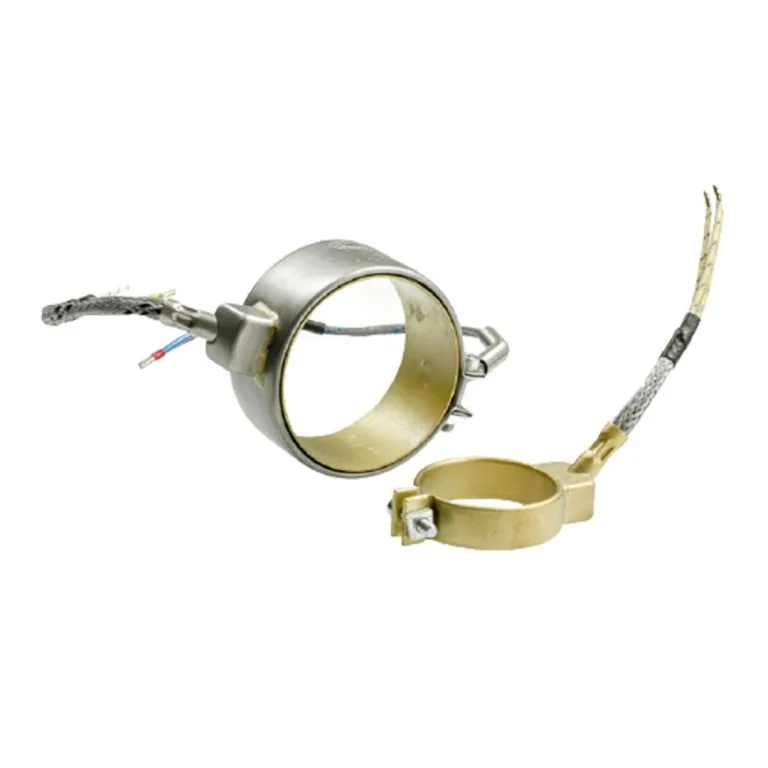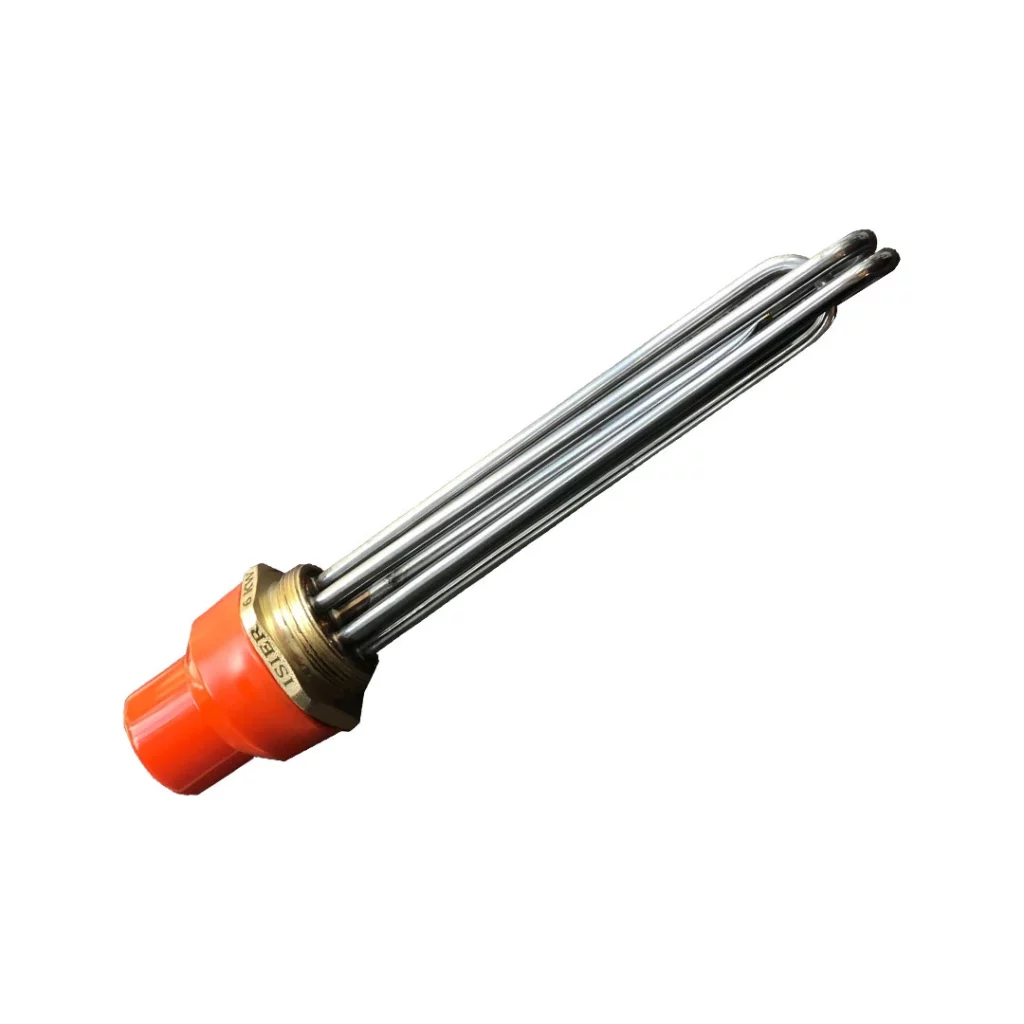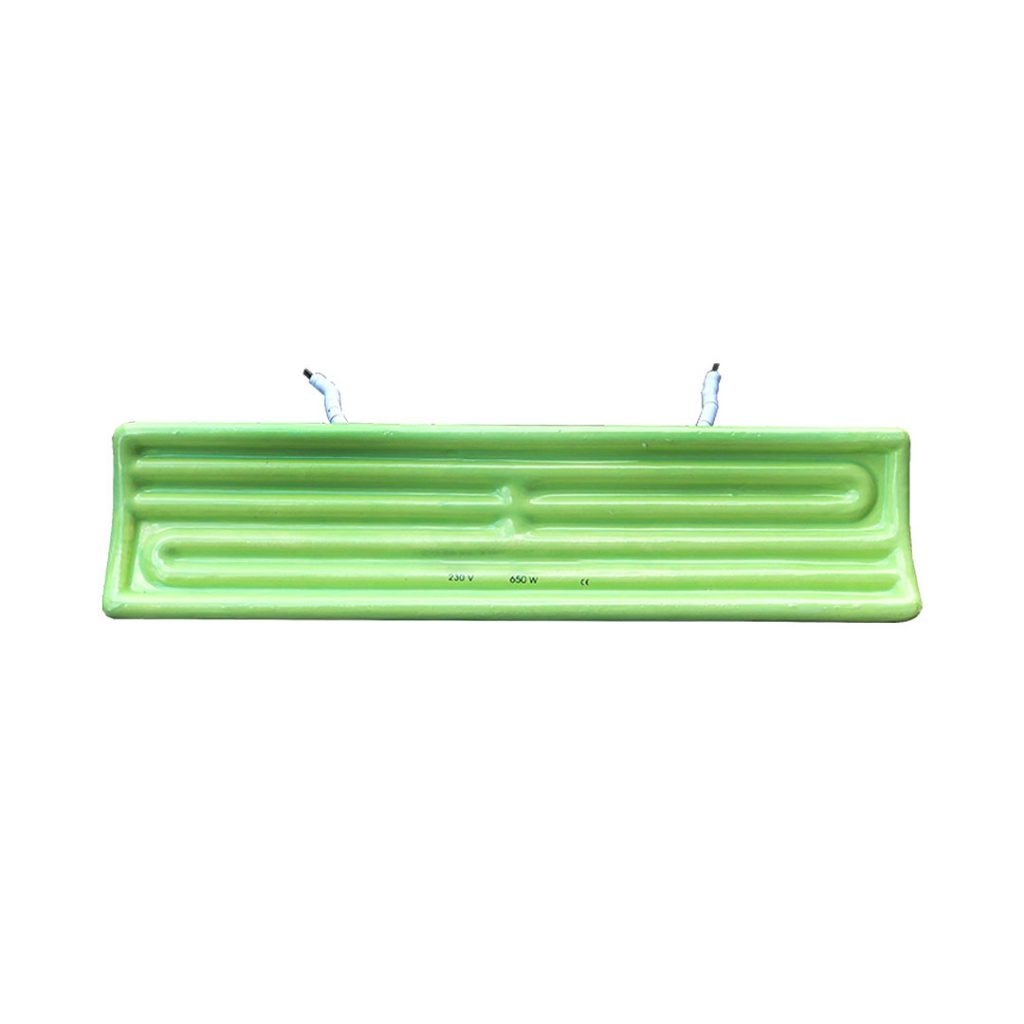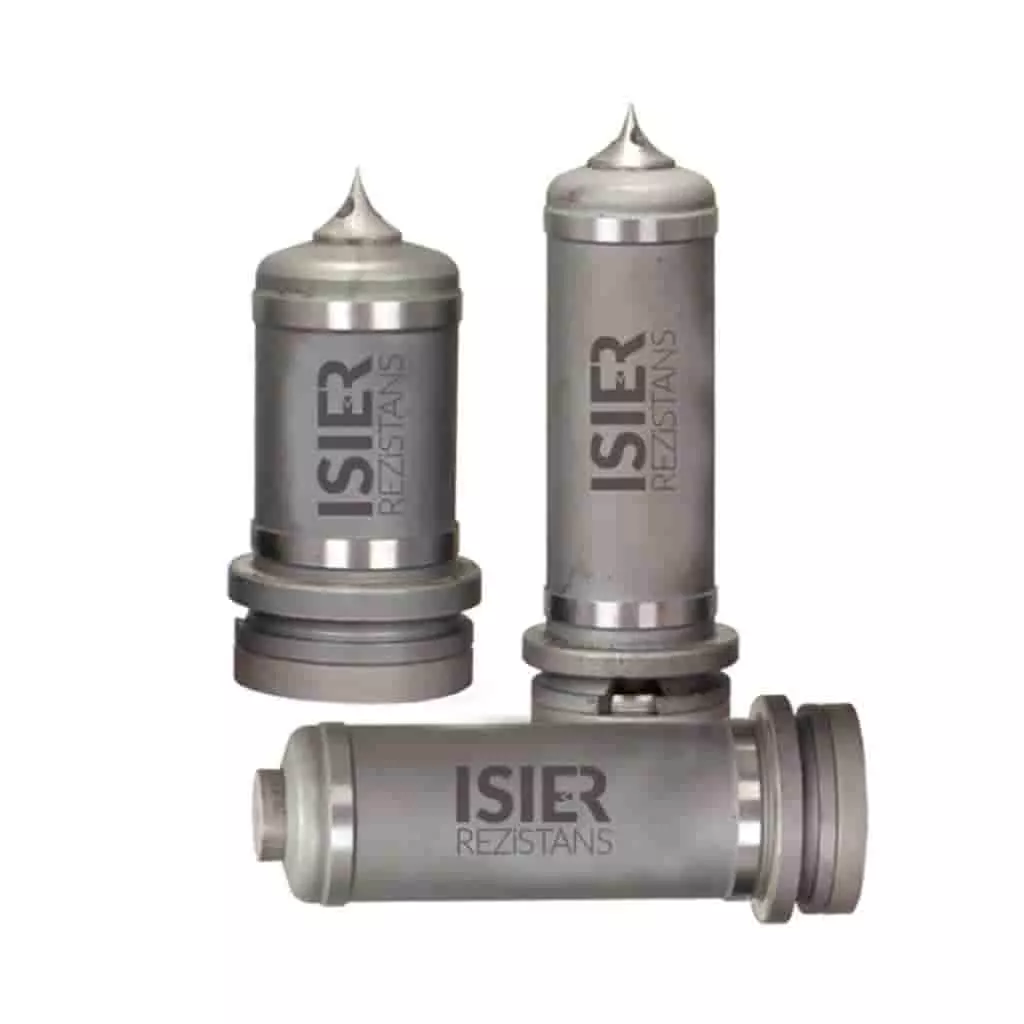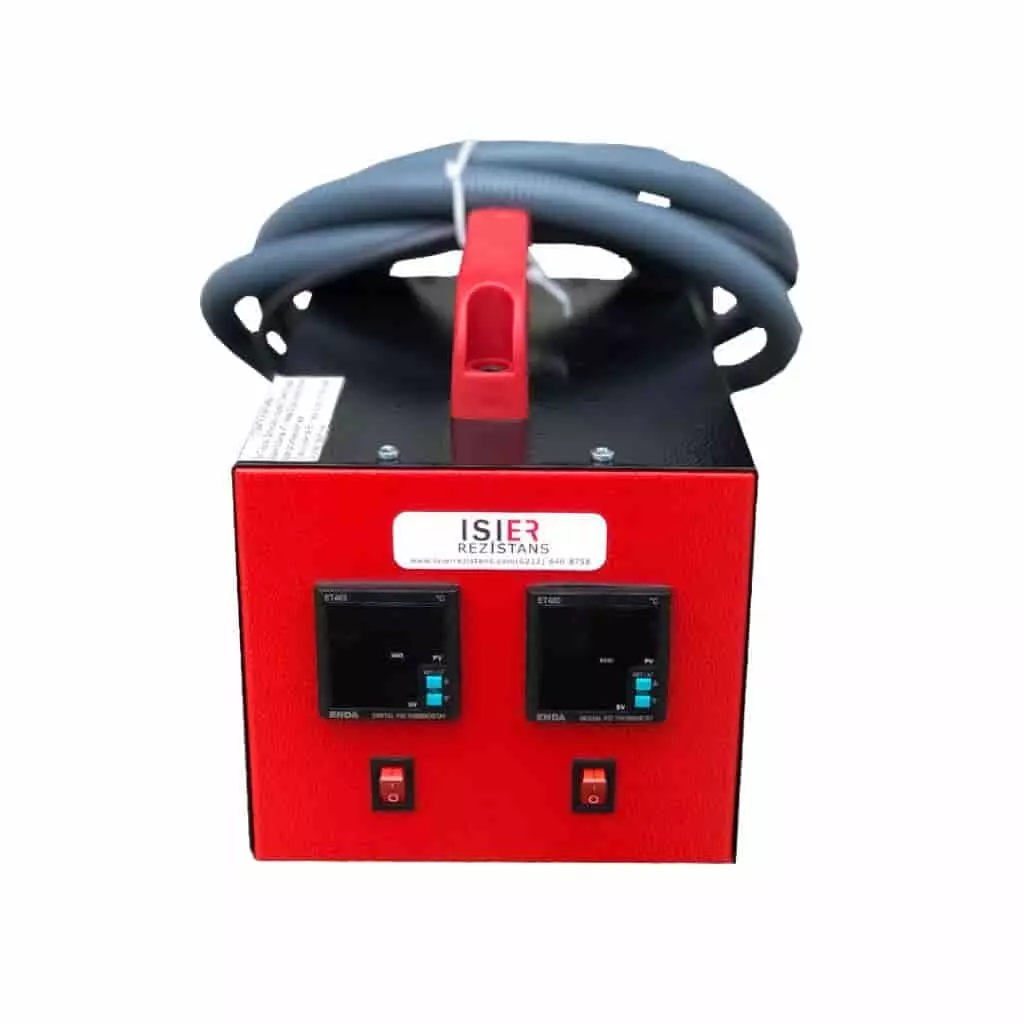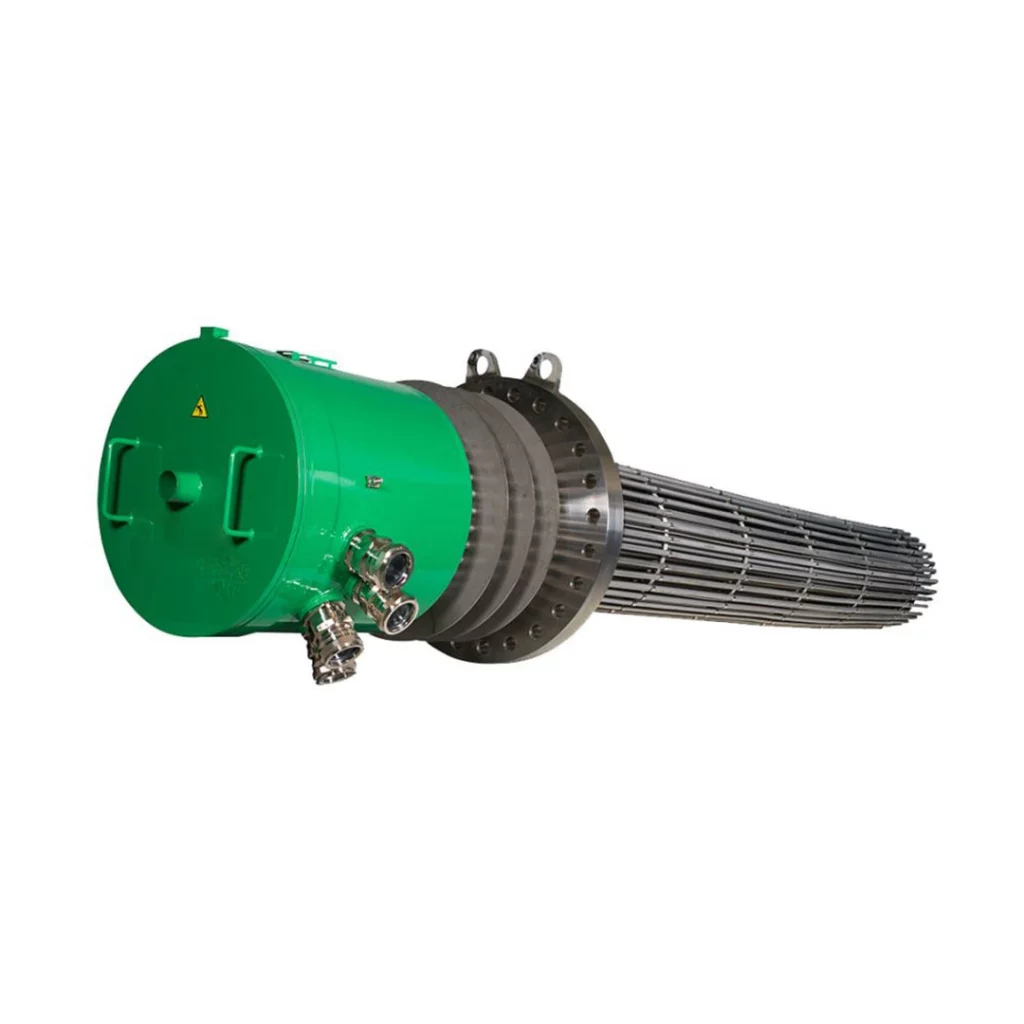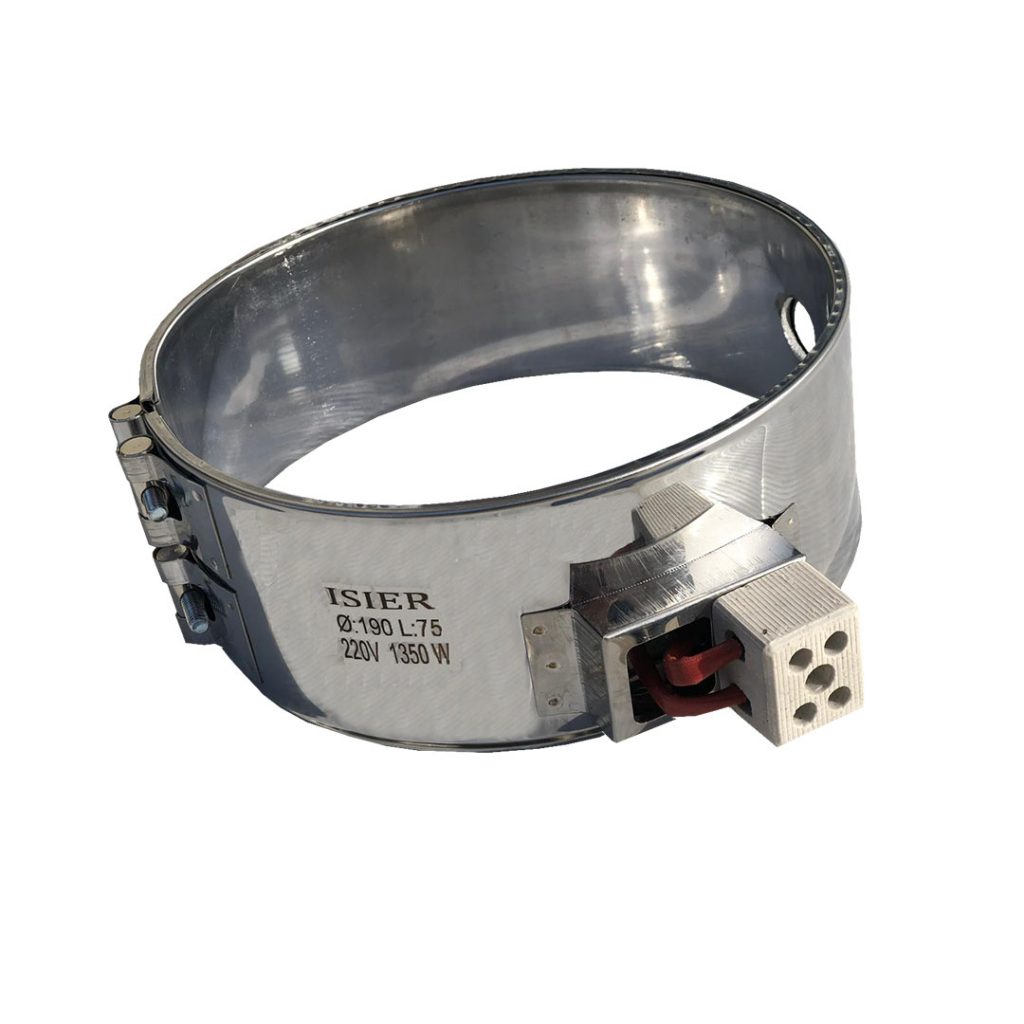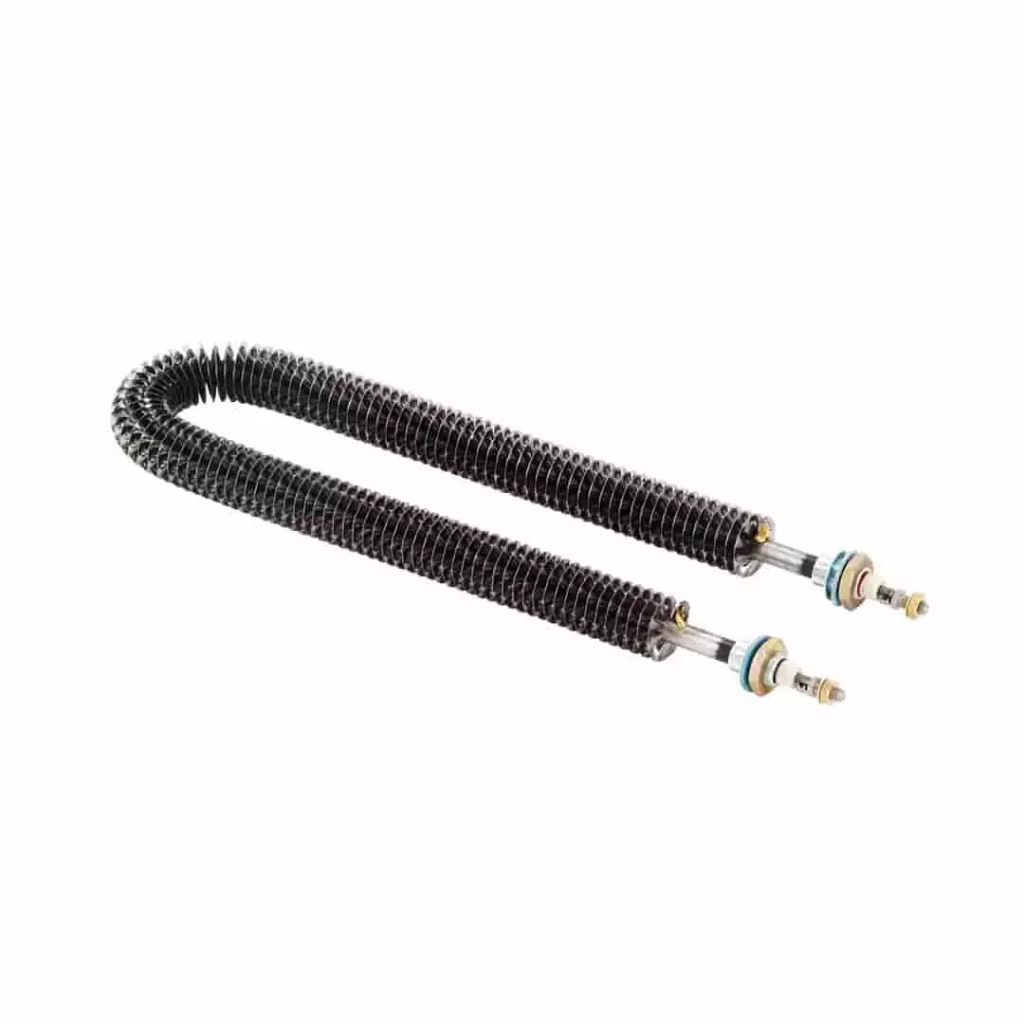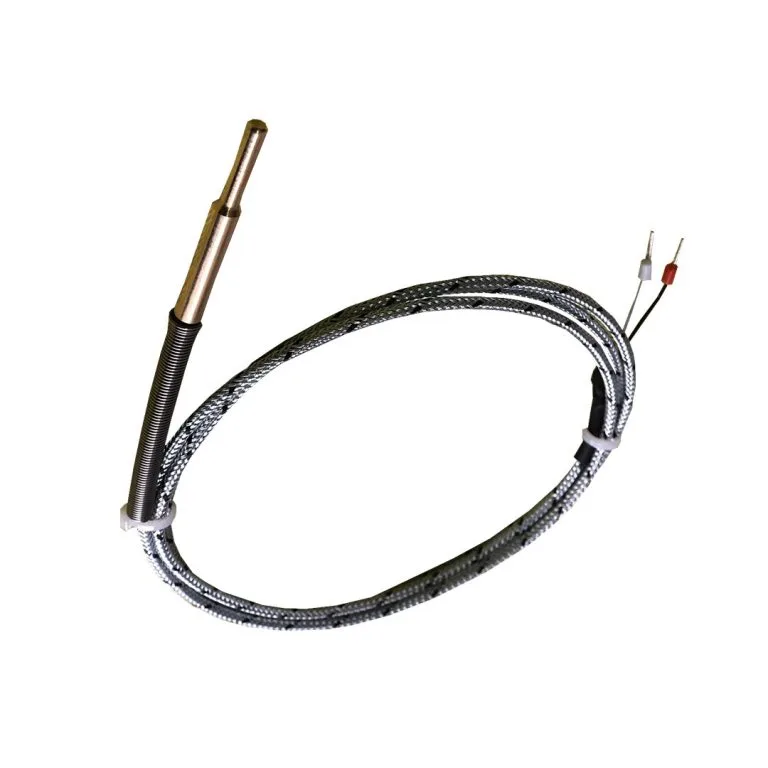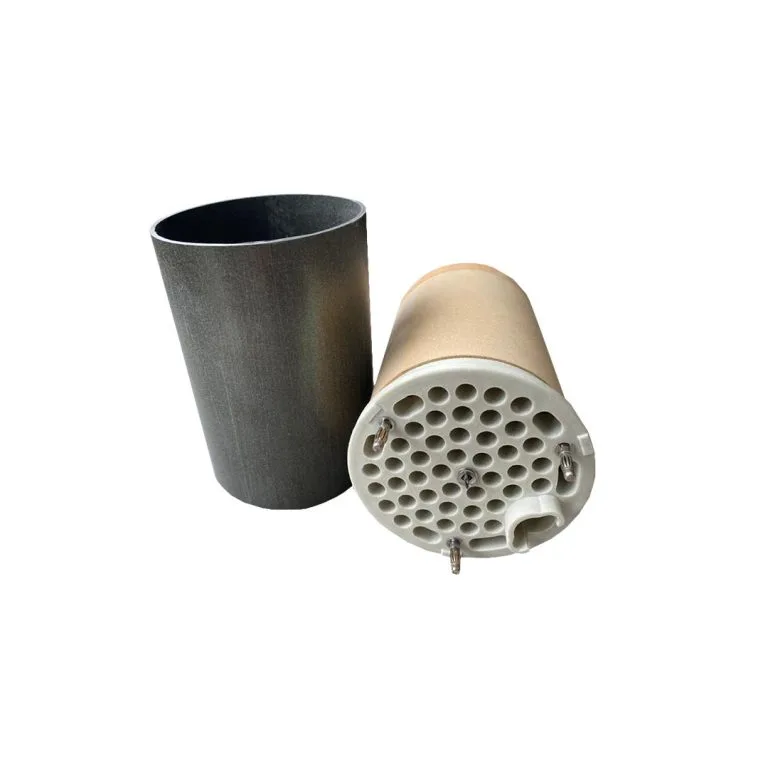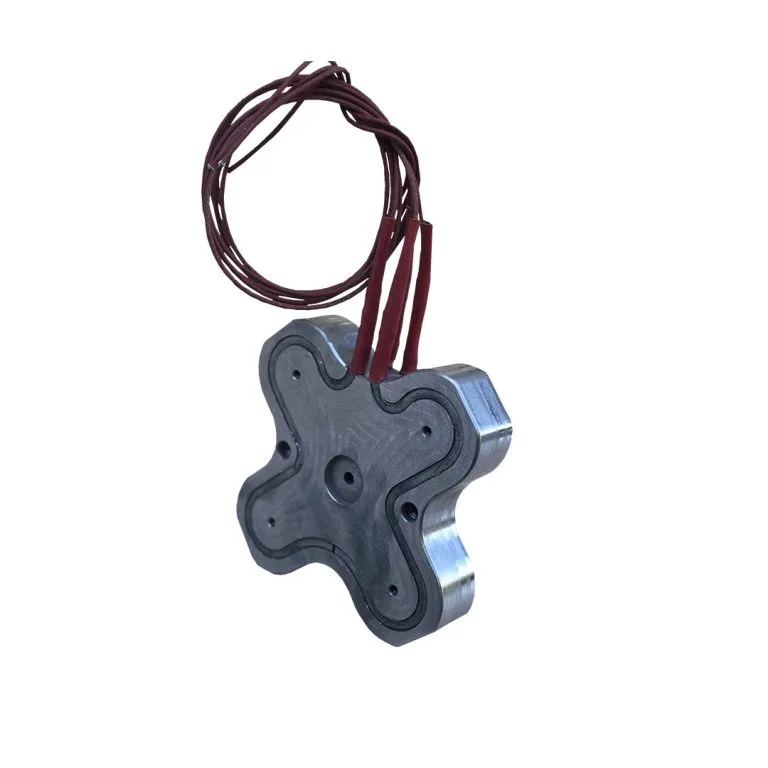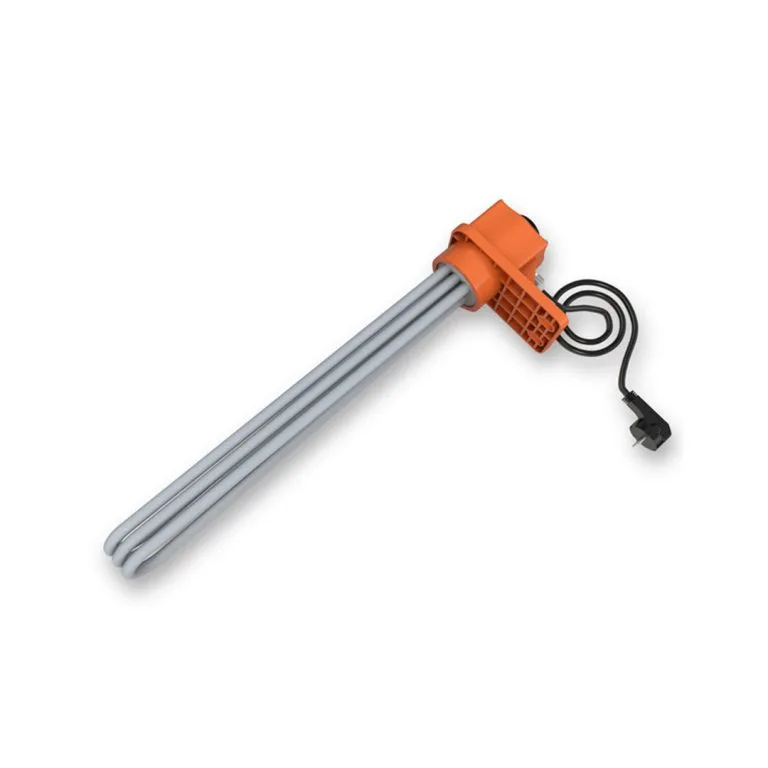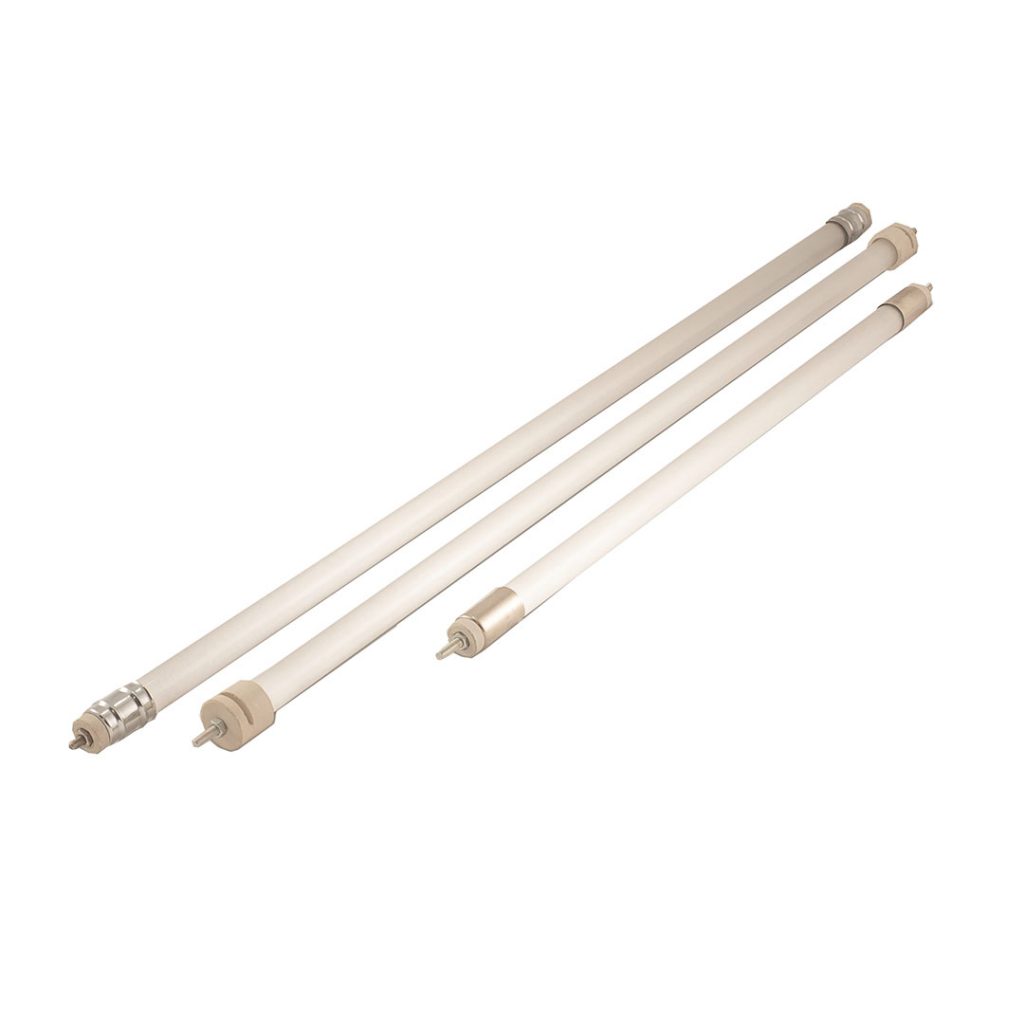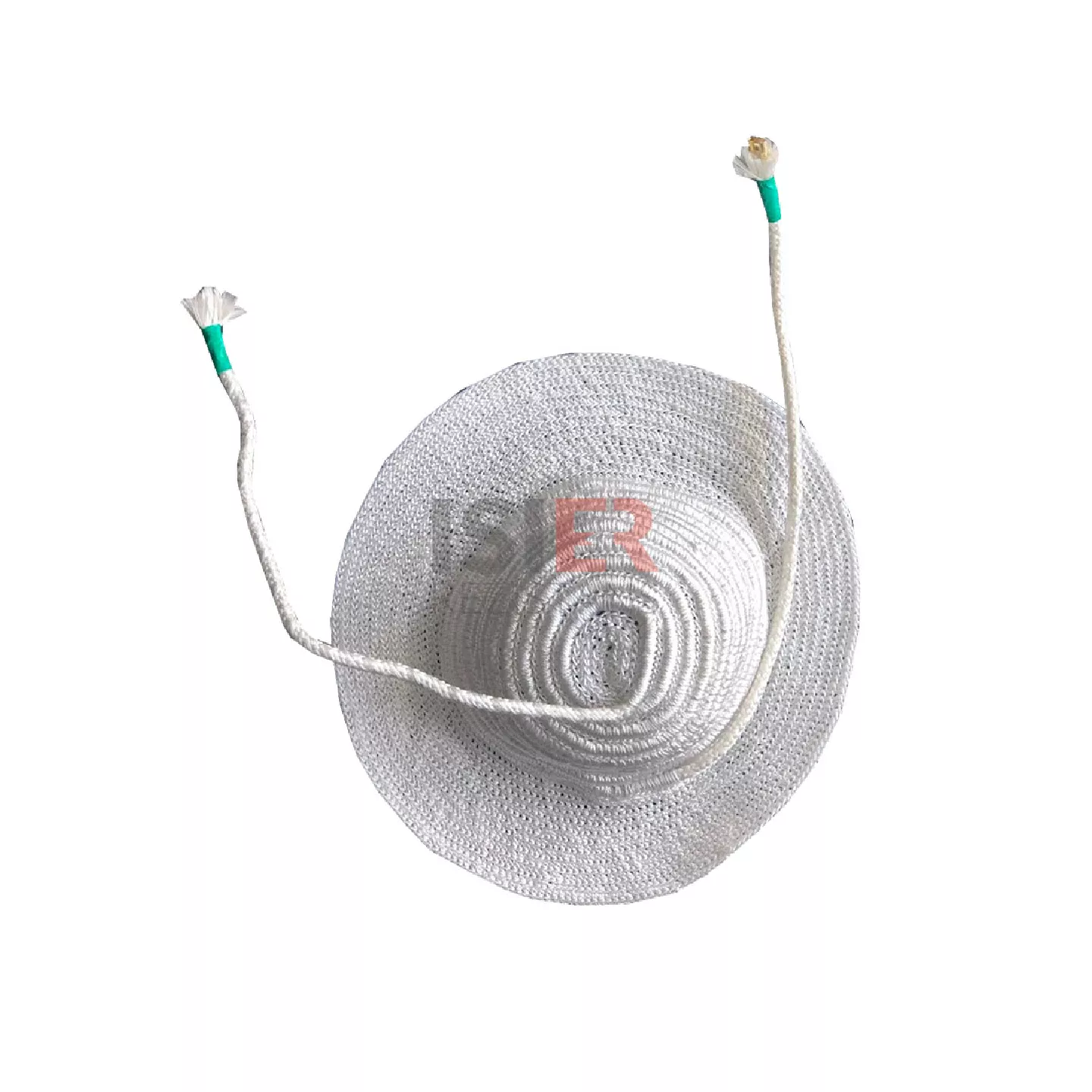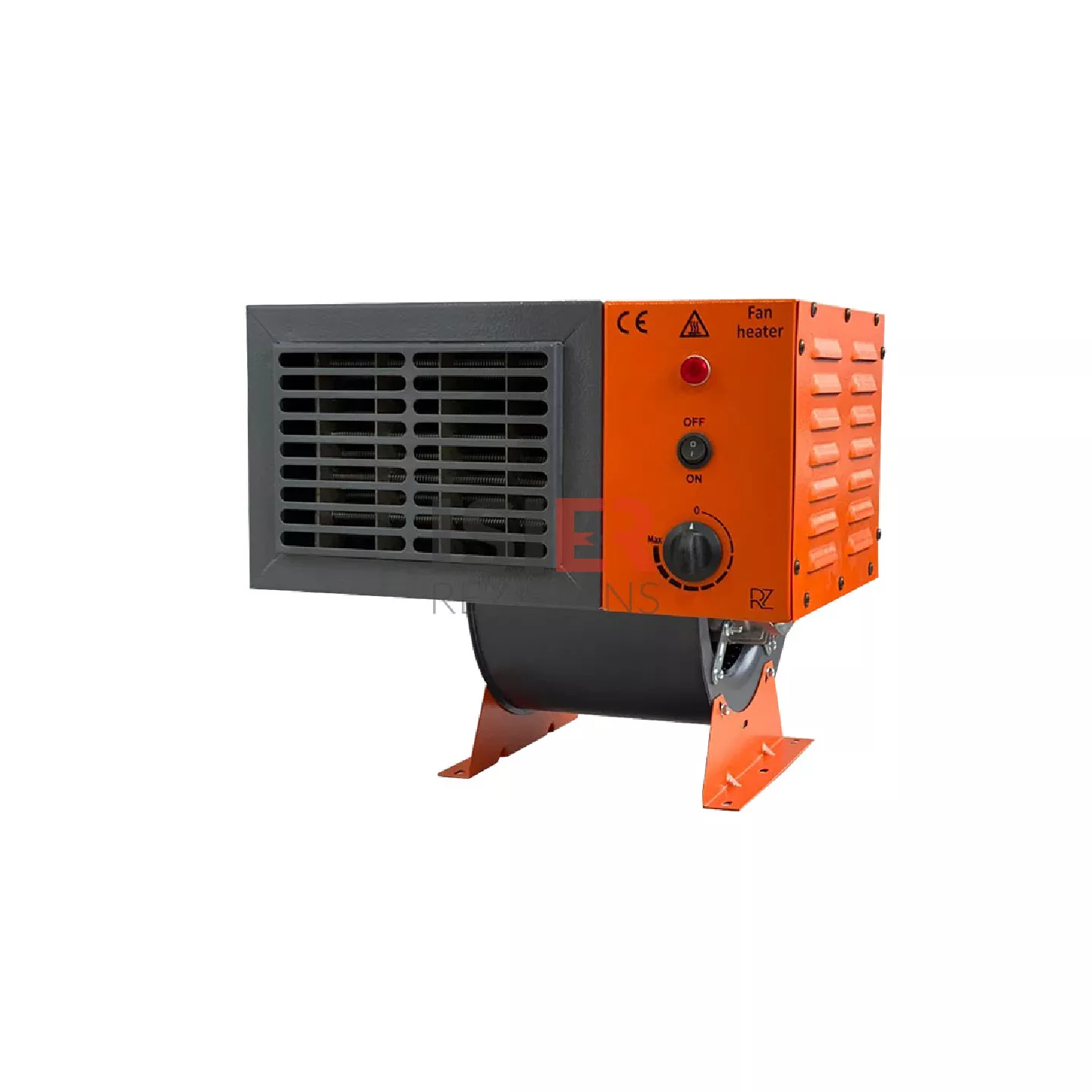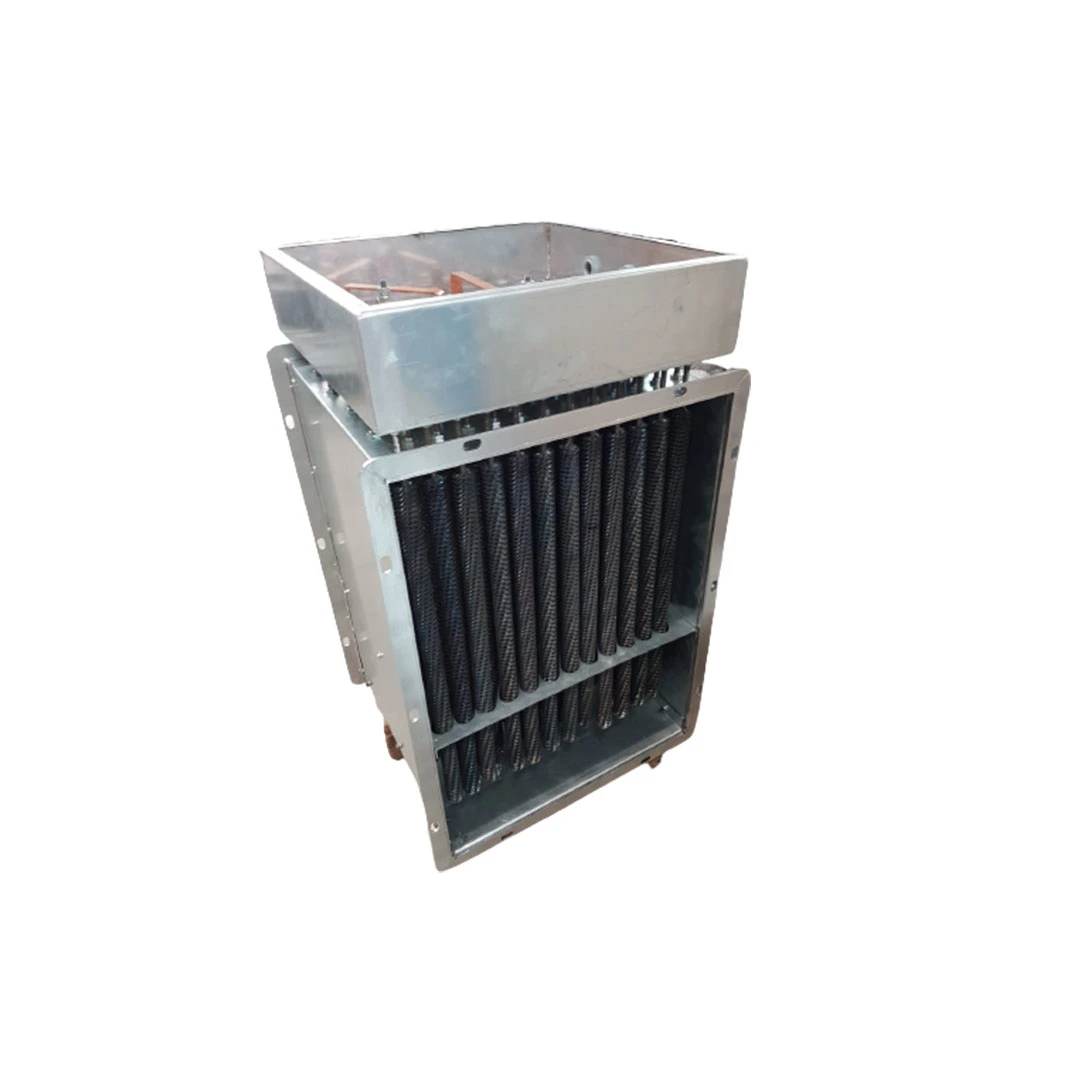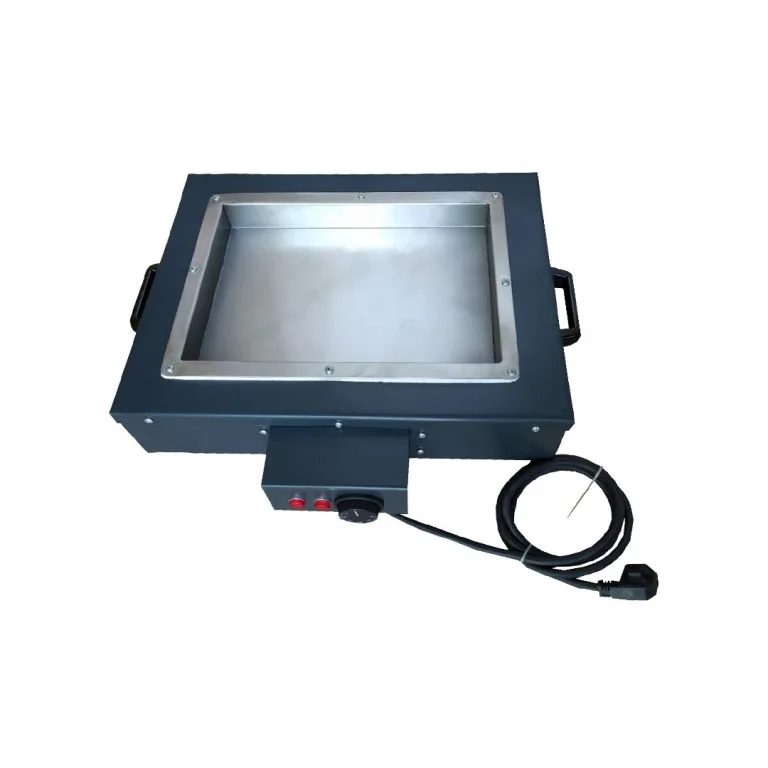Why Use Heaters in the Food Industry?
In the food industry, heaters are commonly used for heating or cooling purposes. Here are some reasons for this usage:
Heating Processes: Heaters are used in devices such as ovens, stoves, grills, etc., for cooking or processing foods. Heaters generate heat by electric current to cook or process foods.
Temperature Control: Heaters are used for temperature control in refrigerators, coolers, and similar equipment. This ensures that foods are kept at a certain temperature.
Pasteurization and Sterilization: Pasteurization or sterilization processes are carried out to prevent or reduce the growth of microorganisms in foods. Heaters are used as a heat source for these processes.
Continuous Processing: In situations requiring continuous processing on production lines, heaters help in keeping products at a certain temperature or aiding in processing. This ensures that the products meet the desired quality and safety standards.
Due to these various applications of heaters in the food industry, these components play an important role.
Our Products
Your Solution Partner for All Your Resistance Needs
Technical Specifications of Heaters Used in Food Industry
The technical specifications of heaters used in the food industry are as follows:
Material: Heaters are generally made from materials that are resistant to high temperatures and comply with food safety standards. Materials such as stainless steel, nickel-chromium alloy, and titanium alloy are commonly preferred.
Power Capacity: The power capacity of heaters determines the energy required to heat or cool the product. Expressed in watts (W), the power capacity varies according to the requirements of the application.
Size and Shape: The size and shape of heaters are determined based on the design of the device or system to be used. Heaters can be manufactured in sizes and shapes suitable for specific applications.
Heat Distribution: The design of heaters should ensure the homogeneous distribution of heat. This ensures even heating or cooling of the food products and enhances product quality.
Durability and Longevity: Heaters used in the food industry must be durable and have a long lifespan. Low maintenance requirements are important for production continuity.
Compliance and Safety Standards: Heaters must comply with the applicable compatibility and safety standards in the food industry. This is critical for the safety of food products and consumer health.
Heaters designed to meet the specific requirements of each application are preferred, and the technical specifications of heaters used in the food industry vary depending on the characteristics of the product and application requirements.
Considerations in the Selection of Heaters in the Food Industry
When selecting heaters for use in the food industry, several important factors need to be considered:
Food Safety and Compliance: The materials used in the heater and the manufacturing process must comply with food safety standards. When the heater comes into contact with food, it’s essential to ensure that the materials are food-safe.
Application Requirements: The requirements of the application where the heater will be used should be taken into account. Factors such as heating or cooling requirements, power capacity, size, and shape need to be considered.
Durability and Longevity: Heaters used in the food industry must be designed to withstand harsh operating conditions. Durable materials and heaters suitable for long-term use should be preferred.
Heat Distribution and Performance: Effective heat distribution is important for ensuring that foods are heated or cooled evenly. The heater should be designed appropriately to achieve the desired performance in heating or cooling processes.
Energy Efficiency: Energy efficiency is a significant factor in the food industry. Efficient use of energy by the heater can reduce operating costs and minimize environmental impact.
Maintenance and Cleaning Ease: The heater should be easy to maintain and clean. Since hygiene is crucial in the food industry, regular cleaning and maintenance of the heater may be required.
Compliance and Safety Standards: It’s important for the heater to comply with all relevant compliance and safety standards for the food industry. This is critical for product safety and consumer health.
The selection of heaters is crucial for the efficiency, safety, and quality of the food production process. Therefore, it’s important to consider the above factors when choosing the appropriate heater.
Which Heaters are Used in the Food Industry?
Heaters in Food Processing Equipment:
Resistive Heaters: Resistive heaters are commonly used in food cooking equipment such as ovens, stoves, and grills. These heaters convert electrical energy into heat to cook food.
Steam Heaters: Steam heaters are used for steaming or processing food with steam. Equipment such as steam cooking boilers and steam ovens may contain such heaters.
Temperature Control Heaters: Some heaters used for temperature control in the food industry are available. These heaters can be used in cold storage systems, freezers, or hot holding units.
Pasteurization and Sterilization Heaters: Heaters used for pasteurizing or sterilizing food products are typically found in industrial-scale equipment that produces hot water or steam.
Freezer Heaters: Heaters used in freezers and cold storage systems enable the preservation of food at low temperatures.
Industrial Heating Heaters: Specifically designed heaters are used in large-scale industrial heating systems for processing or cooking products.
These heaters are used at various stages in the food production process, each performing a specific function to ensure the quality and safety of food products.
Flare, Clamp and Plate Heaters in the Food Industry
Cartridge Heaters: These types of heaters are typically used to heat liquids and oils. For example, cartridge heaters are preferred for heating liquids in industrial-scale boilers, tanks, or heating systems.
Clamp-on Heaters: Clamp-on heaters are electric resistances that are attached around pipes and used to heat the liquid flowing inside the pipes. They are particularly preferred for heating liquids in pipeline systems.
Plate Heaters: Plate heaters are commonly used to heat liquids or materials on flat surfaces. They are frequently used in applications such as industrial ovens, grills, or heating plates.
These heaters are of critical importance for temperature control in the food industry and are necessary for proper processing, cooking, or storage of products. It is essential for them to be reliable, durable, and hygienic because equipment used in the food industry must comply with hygiene standards.



